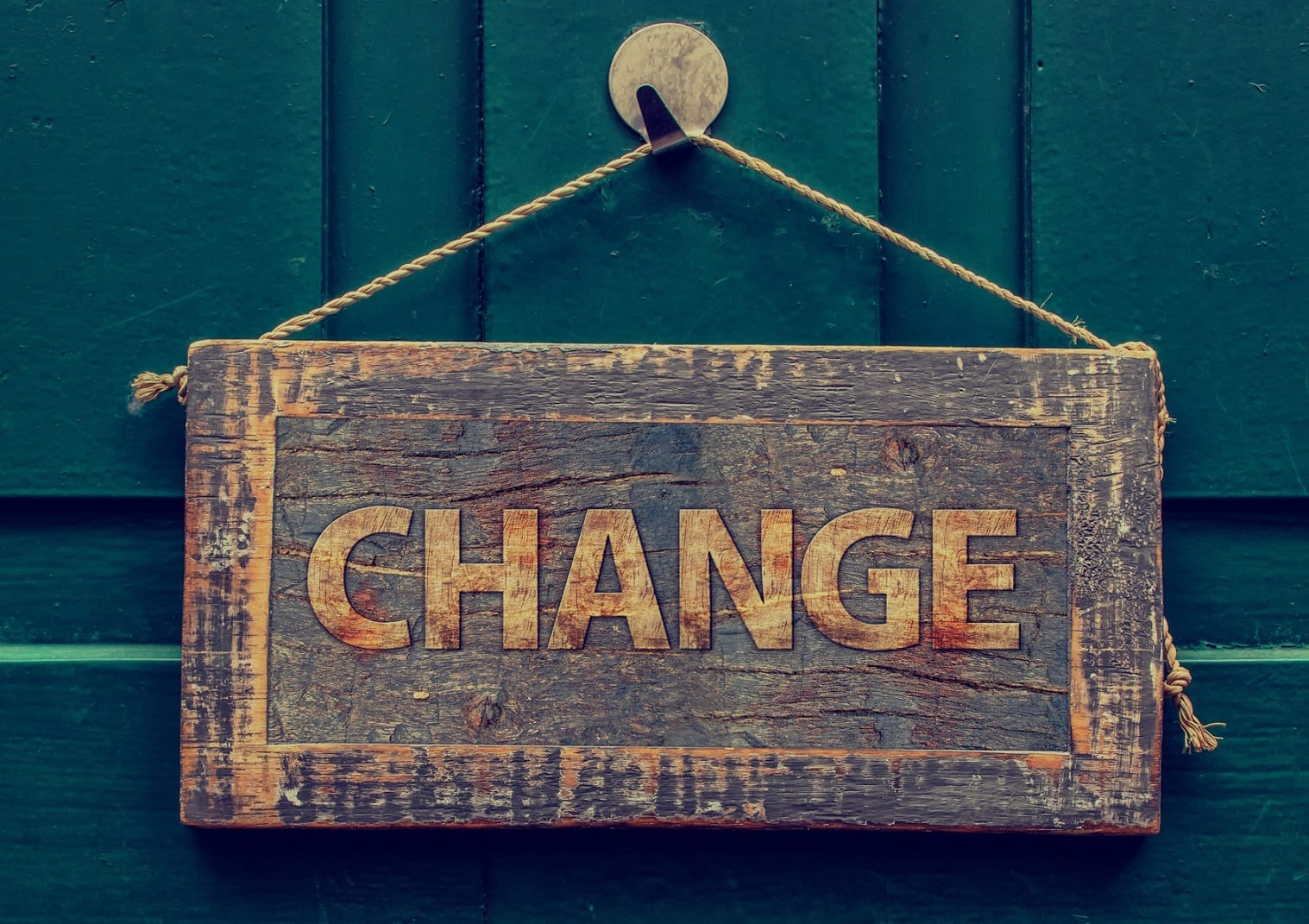It’s a shame that social media has mostly served to polarize us. Many Americans are closing ranks, not against enemies, but against other Americans.
During the months leading to the 2016 Presidential election, the British consulting firm Cambridge Analytica purchased Facebook users’ personal data to weaponize it and affect the election outcome. This data, which people give away for free while using Facebook’s platform to read news (or “news”), socialize, and keep in touch with family and friends, is a gold mine for anyone with a pocketful of cash and the desire to manipulate people. The risk of allowing a single business to serve as the intermediary for so many of our personal interactions should be obvious, but the stakes are so high that the FTC reportedly voted to fine Facebook $5 billion for violating the privacy of more than 50 million of its users. But did Cambridge Analytica’s psyops change your mind about voting or, really, anything else? Or did it merely reinforce what people already believed?
Consider Justin Amash. Earlier this month, Amash quit the GOP, citing disappointment with the growing partisan divide and the way politicians exploit wedge issues and talking points to keep us distracted and outraged. Amash is notable for being the only House (former, now) Republican to step up and support impeachment proceedings against the President for conduct uncovered by the Mueller investigation. At a town hall meeting last May, Amash was called upon to explain not only why he called for impeachment, but why it was an issue to begin with. One of his constituents was boggled to learn that there was anything negative to be found about President Trump in the report at all. She listens to conservative media, she explained, and heard that Trump had been exonerated. Of course, if you never leave your echo chamber, you’ll have no reason to change your mind.
However, in some circles, that’s a feature, not a bug. According to a 2018 study, people on the so-called conservative side of the American political spectrum tend to view conservatism as more of a group identity and less of a political philosophy. To test their hypothesis, political scientists Michael Barber and Jeremy Pope asked voters about their positions on various policies, either with or without a reminder of one of Trump’s multiple stated positions on that policy. What Barber and Pope found was that liberal voters did not often change their opinion on the policy based upon Trump’s position. However, conservatives stuck by the President, going so far as to defend liberal policies if the President had also done so. In other words, they were more loyal to their social identity than to any particular ideology.

For a conservative, then, it’s easier to change your mind if asked to do so by someone you trust. This finding was also borne out by research from North Carolina that looked for the best way to reach climate deniers. As it turns out, children are good educators. Parents whose kids discussed climate change with them became more concerned about the coming crisis, with parents who self-identified as conservative moving from “moderately not concerned” to “moderately concerned,” by a somewhat higher margin if it was a son who introduced the information.
Contrast those findings to the typical internet argument among relative strangers (or stranger relatives). Social media was first billed as a tool to connect people, but it turns out that it divides us just as easily. According to a 2018 Pew Research survey, only 14% of Americans have changed political positions because of a social media post or debate. To really change your mind, sustained, in-person relationships are key.
It’s a shame that social media (and its real customers, like Cambridge Analytica) has mostly served to polarize us. Many Americans are closing ranks, not against enemies, but against other Americans. Both Democrats and Republicans are often wrong, by surprisingly large margins, about what the other side thinks, and the perception gap gets worse as people consume more news. Unfortunately, political tribal connections usually trump other considerations, making it that much harder to change your mind exactly when we need to learn cooperation and collaboration to get through the troubled times ahead. Perhaps all politics, these days, is identity politics.
Related: After Cambridge Analytica, is Social Media a Social Disease?


Join the conversation!